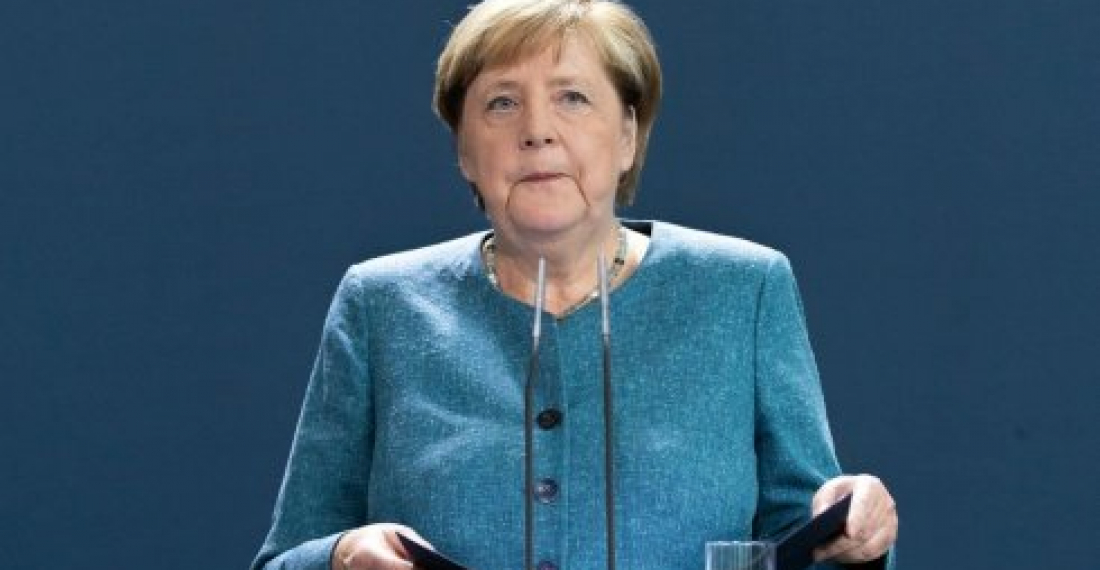A spokesperson for German Chancellor Angela Merkel has suggested that sanctions on the Nord Stream 2 pipeline may be considered in response to the use of chemical weapons on Russian opposition leader, Alexei Navalny. This follows last week's findings by German investigators that Novichok - a banned Soviet-era nerve agent - was used in the attempted assassination of the long-term Putin critic.
Merkel had previously avoided the prospect of Nord Stream 2 sanctions, saying last week, "It's not appropriate to make a linkage between the Navalny issue and a project that is commercially driven". However, the spokesperson today reported that Merkel "shared the remarks" made by German Foreign Minister Heiko Maas, who warned of a potential halt in support for the project should Russian authorities fail to cooperate in the ongoing investigation into the poisoning.
Merkel has faced mounting pressure from German MPs from across the political spectrum to consider sanctions on the pipeline. Whilst suggesting that a lack of cooperation by the Russian Government could lead to a "change in stance" on Nord Stream 2, Maas also warned that people must be aware of the consequences of scrapping the project, which involved "more than 100 companies from 12 European countries".
It remains to be seen whether or not Nord Stream 2 will play a part in Germany's response to the assassination attempt, with the government spokesperson noting that it was "too early" to make a decision on sanctions. Moscow denies any involvement in the assassination attempt and a Russian diplomat has accused Germany of intentionally delaying and 'stonewalling the investigation process' - an accusation referred to by Maas as another 'smokescreen'.
Navalny today (07/09) came out of an induced coma and remains at the Charité hospital in Berlin. A statement by the hospital reports, "He responding to verbal stimuli. It remains too early to gauge the potential long-term effects of his severe poisoning."
source: commonspace.eu with agencies
photo: Angela Merkel (archive picture)






